Intro World Health Organization:
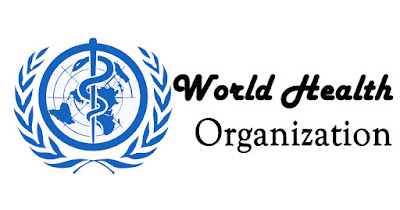 |
| World Health Organization |
The World Health Organization (WHO) was established on 7 April 1948 as the successor of the League of Nations' Health Organization. Its constitution formally came into effect on the first World Health Day on 7 April 1948, when it was ratified by the 26th member state. The first meeting of the World Health Assembly finished on 24 July 1948, having secured a budget of US$5 million (which was expected to be raised by half from countries and by half from private foundations). Dr. Havelaar Simons was appointed Director-General of WHO, and served as an executive committee member from 1949 to 1955.
Who does WHO serve?
WHO is supported by governments of 195 Member States, works closely with national authorities, and is governed by a 193-member Executive Board elected from among candidates nominated by WHO's Member States. The supreme decision-making body is WHO's World Health Assembly, which normally meets every year in May in Geneva. Its work is overseen by its Governing Council, which meets every two years. Members of all World Health Organization bodies are selected according to equitable geographical distribution and to ensure representation of different interests and major groups concerned with health issues. The main activities of WHO’s tripartite structure – governance (Assembly), executive administration (Board) and operational management (Executive Director, HQ staff) – are coordinated through six sub-organizations
Who Is The Director
General?
Dr. Margaret Chan is an experienced physician and a member of prestigious organizations like United Nations High Commissioner for Refugees and World Medical Association. She obtained her medical degree at McGill University, Montreal, Quebec in 1979; and went on to become one of Canada’s best thoracic surgeons before joining World Health Organization in 2003.
(Her specialty involves operating on patients’ lungs.) Dr. Chan has been heavily involved with WHO since she joined it in 2003, so it was no surprise when she was elected as Director General. Since then, she has made many important changes within WHO that have had positive impacts around the world. For example, during her first year as Director General she helped set up a global strategy for health-care workers returning from treating Ebola victims in West Africa—something that prevented hundreds of them from getting infected with Ebola themselves. Her efforts are also making major improvements to how we treat no communicable diseases (diseases that aren’t caused by infectious agents) such as diabetes and cancer. It seems clear that Dr.
What Are Their Responsibilities?
How much do you know about your country's World Health Organization? Probably not as much as you should. In fact, if your knowledge of WHO is limited to knowing what it is, then that's all you need to know. Because there are plenty of interesting facts about World Health Organization and other things you may have never known about them. Here are some facts that may interest you and make your next conversation a lot more interesting. What Does Their Name Mean? Have you ever wondered why they call themselves World Health Organization instead of just saying Health Organization? Well, wonder no more because we're going to tell you exactly why they chose such an unusual name for themselves. And in case you were wondering, it has nothing to do with aliens or anything like that so doesn’t worry! So read on to find out how their name came about and why they're called by such an odd name!
What Does WHO Do To Work Against Global Diseases?
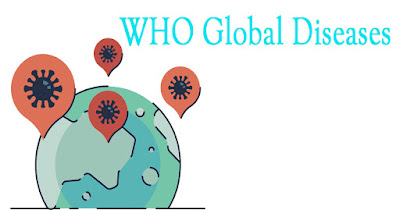 |
| World Health Organization |
The World Health Organization has defined health as a state of complete physical, mental and social well-being and not merely absence of disease or infirmity. This means that a free and independent press is essential to helping fight off global diseases. In order to receive vaccines, drug companies need to be allowed to advertise their products in hopes that people will buy them. The best way for local governments to do that is through an independent newspaper. For example, due to USAID's support of locally-owned newspapers in Nicaragua, parents are receiving all of their children's vaccinations according to schedule. This boosts public health, fights off disease and keeps children healthy so they can perform better at school.
How Effective Is This Organization?
There's no one-size-fits-all approach to healthcare. With such a complex system and so many stakeholders, how effective is World Health Organization? It's important that your organization has goals for improvement; otherwise, you're never going to know if you're hitting them. By establishing metrics for success (how are we doing? by what standard?), an organization will be able to assess its position objectively and make appropriate adjustments as necessary. With clear metrics in place, there should be a clear vision of where a company wants to go.
A goal without a plan is only a wish! What Are Its Strengths? Organizations must not forget their strengths, especially when they've got weaknesses. World Health Organization key strength is that it serves as a convener, bringing together multiple countries and cultures under one umbrella to work towards common goals and solve problems together. Having everyone at the table can help organizations tackle issues with greater efficiency than working alone or even in small groups—and it makes it easier to mobilize resources across different regions, which helps get better access to essential care for more people. Additionally, WHO focuses on both regional health issues and global health challenges like pandemics and climate change—meaning they have global reach while also paying attention to specific regions' needs.
Why Are Global Organizations Important?
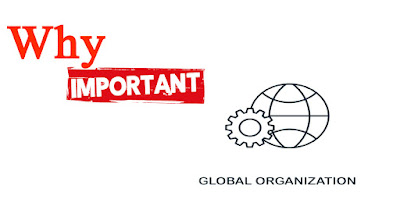 |
| World Health Organization |
Global organizations like World Health Organization, UNICEF, and UNDP provide valuable services to hundreds of millions of people in need around the world. These organizations are dedicated to promoting health and fighting disease, keeping peace around world through conflict prevention and post-conflict reconstruction efforts, supporting economic development initiatives that provide aid to developing countries, providing education for children in underdeveloped nations, assisting refugees and displaced persons caught up in conflicts or natural disasters, administering responses to global pandemics or environmental crises such as climate change. They even help provide disaster relief during disasters. Organizations like these give hope to those who might otherwise not have it. But a closer look at WHO shows there is still work that needs doing—and only you can make a difference!
Conclusion:
It is possible to find happiness through good health. There is so much to gain by changing our lifestyles and looking after our own health, rather than leaving it up to doctors and medications. We’re all going to get sick at some point in our lives; it’s just a matter of how often, and what we can do about it before that happens. It isn’t worth sacrificing happiness for immediate gratification (eating badly or not exercising) if we end up paying for it in long-term suffering or worse. Think of your body as a home, one you want to keep warm, clean and healthy – because you deserve that comfort.
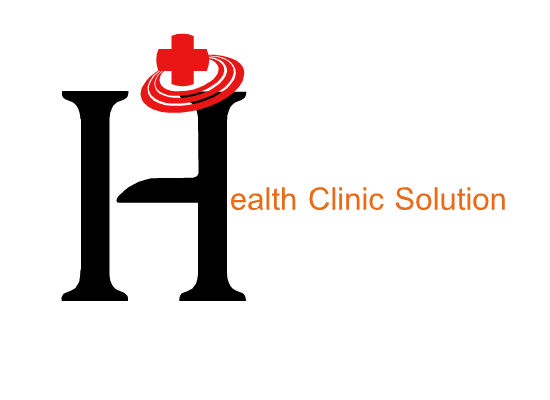

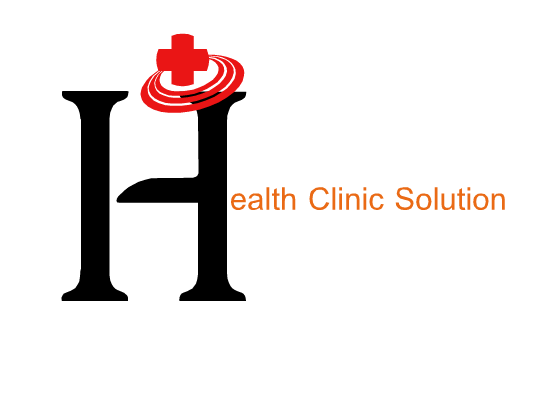



0 Comments